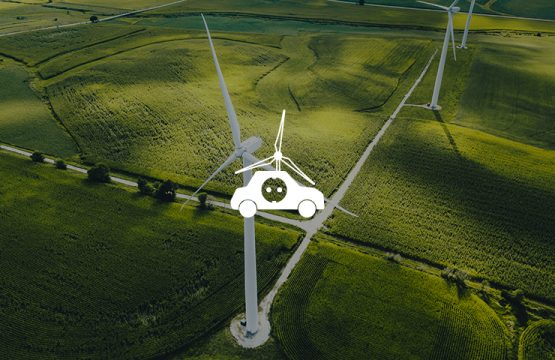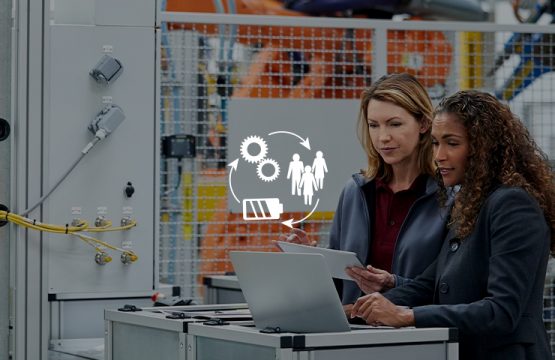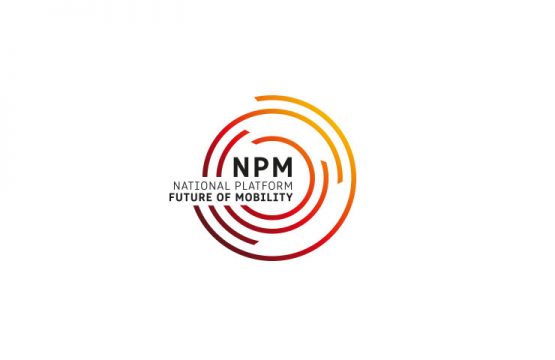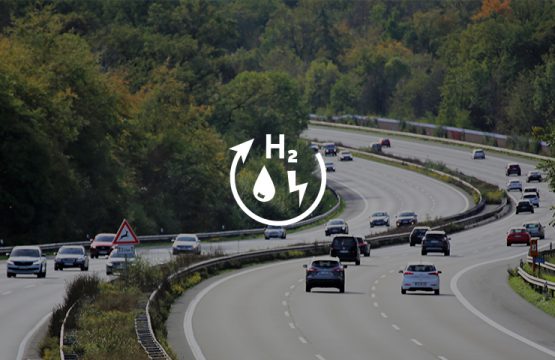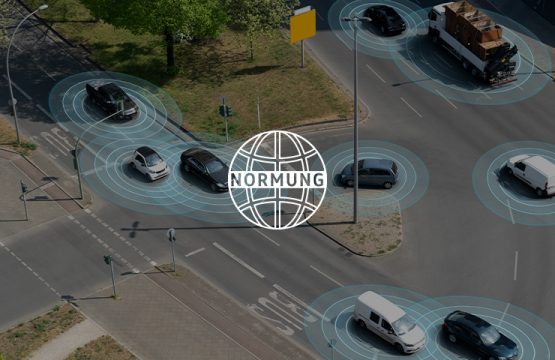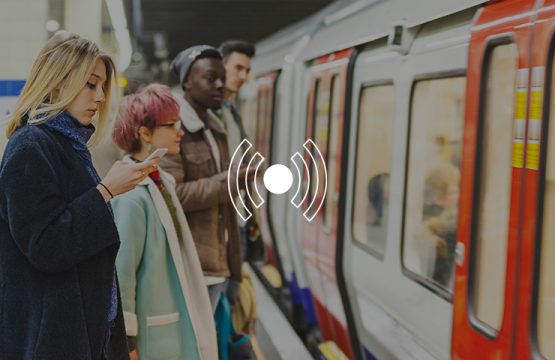- Drive and fuel technologies used in road and rail vehicles, in ships and aircraft play a pivotal role in overall emissions from transport.
- We need to find a combination of technologies that will contribute to lowering CO2 emissions as much as possible.
- Working Group (WG) 2 of the National Platform Future of Mobility (NPM) presented a report today which shows the technical feasibility as well as the potential of electric drive concepts, fuel cell vehicles and alternative fuels for sustainable Transport.
The daily commute by car or train from home to work, delivery vans in inner cities, school buses in local communities, HGV transport from port to logistic centre, business trips by plane – all these modes of transport carry passengers or goods for miles every day. The demands placed on flexible and powerful means of transport remain high. The big aim for the future is to lower or completely eliminate emissions.
“Solutions that are sustainable and effective in the long term can only be achieved through a combination of different technologies. We need a mix of drives and fuels because the requirements of these transport applications are so different when it comes to the intensity of use, the desired range or the lifespan of the vehicles. This short report provides technologically sound facts with regard to the state of the art in terms of electric drives based on batteries or fuel cells as well as in terms of the technological feasibility of bio- and electricity-based fuels”, explains Prof. Dr. Barbara Lenz of the German Aerospace Center (DLR – Deutsches Zentrum für Luft- und Raumfahrt) and head of WG 2 of the NPM.
Providing comparability between the different technologies
In order to make the three options (electrical drive concepts, fuel cell vehicles and alternative fuels) technologically comparable, a balanced set of categories was specified: drive and vehicle systems, tank and charging infrastructure, costs, raw material needs and availability as well as greenhouse gas (GHG) performance/carbon footprint. Vehicles were further split into types: car (subdivided into various car segments), commercial vehicles and busses (subdivided into various classes) as well as rail vehicles, airplanes, inland waterway and seagoing vessels.
Technological feasibility proven
From a technological point of view, all three options have the potential to lower CO2 emissions from transport, but they vary hugely in terms of their current stage of development and roll-out into the market. There is agreement that by 2030, none of the technologies can achieve the intended goals for lowering emissions on its own, even if they were fast-tracked. In order to be able to use renewable energies in transport, the associated technologies need to be developed and at the same time supply infrastructures established. However, innovative alternative fuels will not be introduced in the transport system on a significant scale before 2030.
After discussing the technical feasibility as well as the expected potential of electrical drives, hydrogen vehicles and alternative fuels, the following report will focus on the real-life conditions and analyse which impact they have on the three options.
The interim report of WG 2 is now available to download on the NPM website www.plattform-zukunft-mobilitaet.de (in German).
About NPM – National Platform Future of Mobility
The National Platform Future of Mobility brings together experts in the fields of politics, the private sector, associations, research institutes and NGOs to develop visions for sustainable, environment- and climate-friendly, affordable and competitive mobility in Germany. Presided by Prof. Dr. Henning Kagermann, six working groups develop intermodal guidance to politicians, businesses and society in a technologically neutral way.
Contact:
Alexandra Huß
Special Advisor on Communications
Office of the Chairman, National Platform Future of Mobility
huss@acatech.de
+49 (0)30 / 206 30 96 86
+49 (0)160 / 714 93 25

